EU will combat illegal dog and cat trade

Brussels/EU-wide – The EU aims to combat the illegal trade in puppies and kittens: The EU Committee on Agriculture and Rural Development (AGRI) voted in Brussels on the “EU Regulation on the Welfare of Dogs and Cats and their Traceability.” Especially in the online purchase of cats and dogs, traceability and transparency are to be improved. According to the committee, the legislative proposal will go to a vote in the entire EU Parliament.
A mandatory labeling and registration for traded dogs and cats is also included. The conditions under which cats and dogs live in European breeding facilities are to be improved through Europe-wide minimum standards. The regulation aims to put a stop to the trade in illegally bred and traded animals, which are often sick or abused. The animal welfare organization “Four Paws” estimates the market value of the annual demand for dogs in the EU at 4.6 billion euros, with at least 54 million euros in Austria. Of this, the trade in dogs from unknown sources accounts for around 38 million euros.
Loopholes due to inconsistent legal situation
The inconsistent legal situation between EU countries creates loopholes that are ruthlessly exploited by illegal trading networks: According to Four Paws, the origin of 79 percent of the dogs demanded across Europe cannot be traced back to any verifiable or legal sources. The organization has therefore been calling for years for a labeling and registration requirement for all dogs and cats. The original Commission proposal also included such an EU-wide requirement for all cats, regardless of their living conditions and care. This has now been softened.
ÖVP MEP Alexander Bernhuber expressed relief in a statement about the compromise reached: “We have prevented unnecessary detailed regulations from complicating the everyday lives of our dog and cat owners,” emphasizes Bernhuber, agricultural and environmental spokesperson for the ÖVP in the European Parliament. “It is a great success that we were able to achieve that cats living on farms are exempt from the microchip requirement. This saves many owners unnecessary costs and bureaucratic effort.”
Green Waitz criticizes exceptions
The agricultural spokesperson for the Greens in the European Parliament, Thomas Waitz, criticizes the many changes and exceptions to the original text, such as minimum requirements for housing and feeding: “Common sense means holding all member states accountable for better animal welfare to stop animal suffering in Europe and protect Austrian breeding companies from cheap competition. The dilutions and attempts to block by the ÖVP are incomprehensible. 4m2 for cats and daily exercise for dogs seems to be too much animal welfare for the ÖVP. Illegal animal trade will only be timidly stopped this way.”
After today’s vote in the Agriculture Committee of the EU Parliament, the proposed text will likely be voted on in the plenary before the summer. After that, the Parliament, the Council of Member States, and the EU Commission must agree on a final legislative text. (03.06.25)
What's Your Reaction?
 Like
0
Like
0
 Dislike
0
Dislike
0
 Love
0
Love
0
 Funny
0
Funny
0
 Angry
0
Angry
0
 Sad
0
Sad
0
 Wow
0
Wow
0



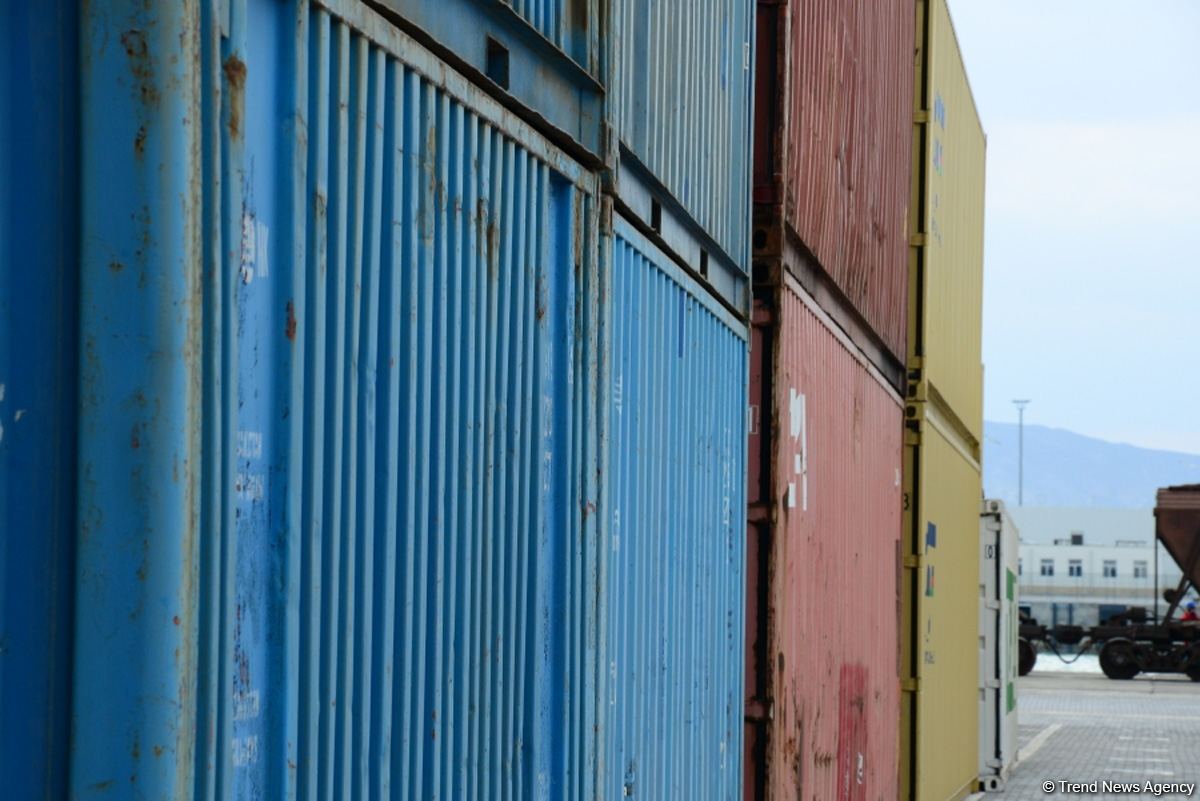

































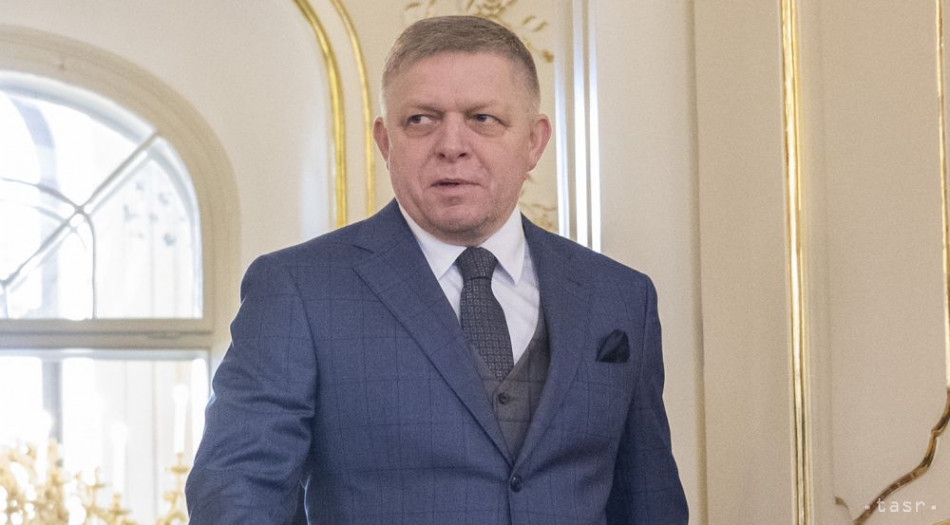

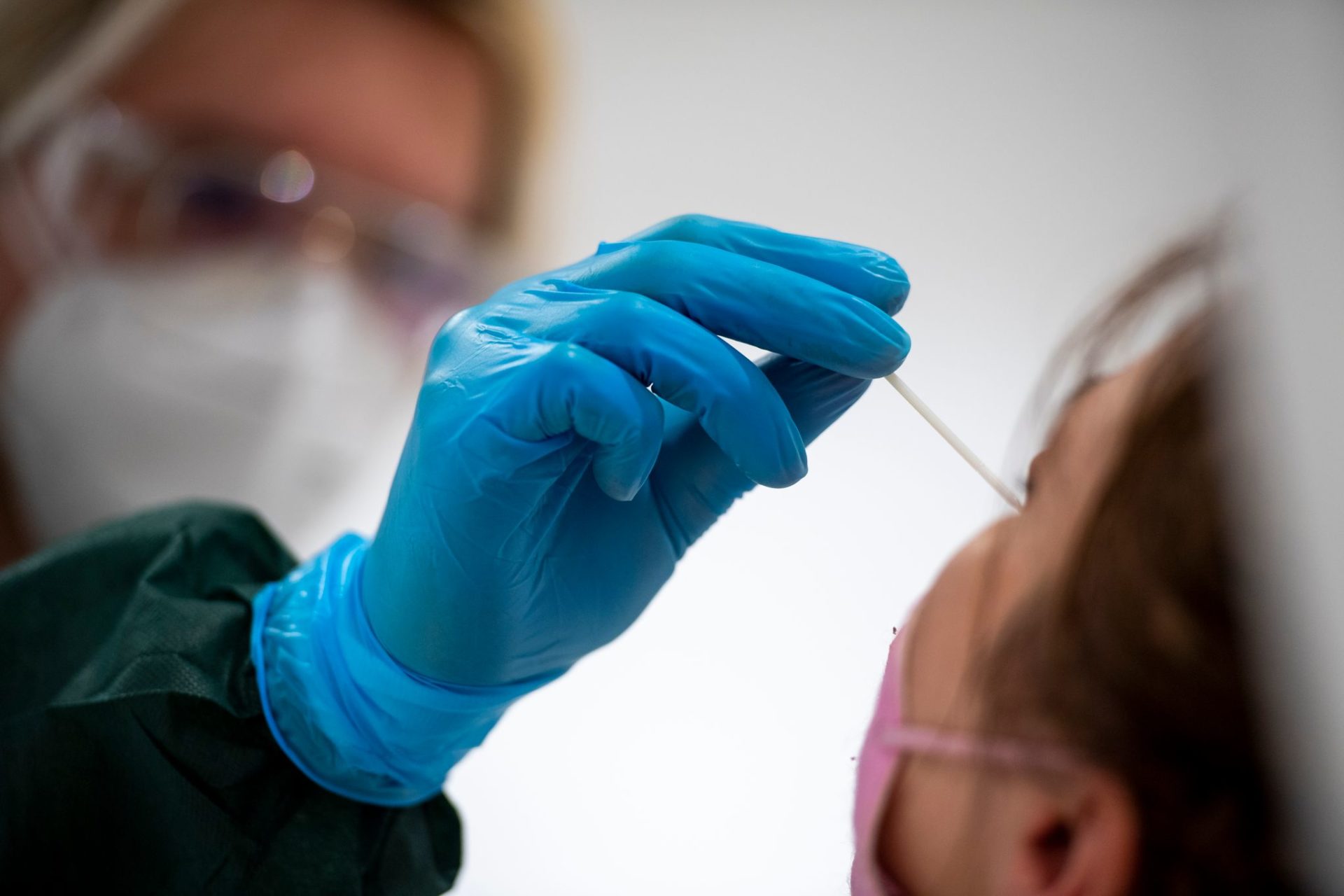
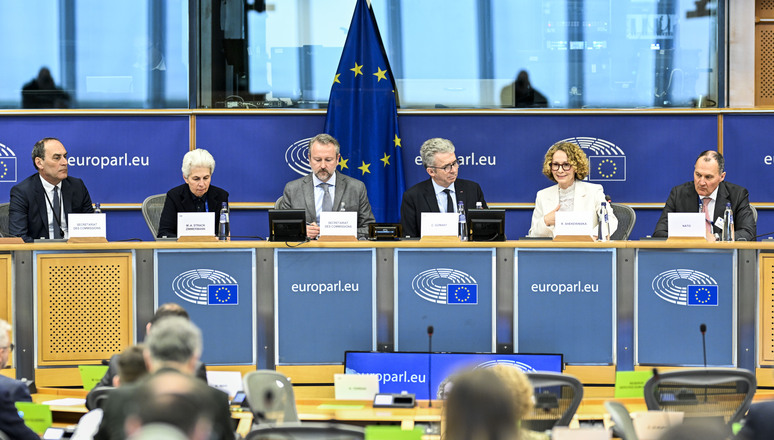

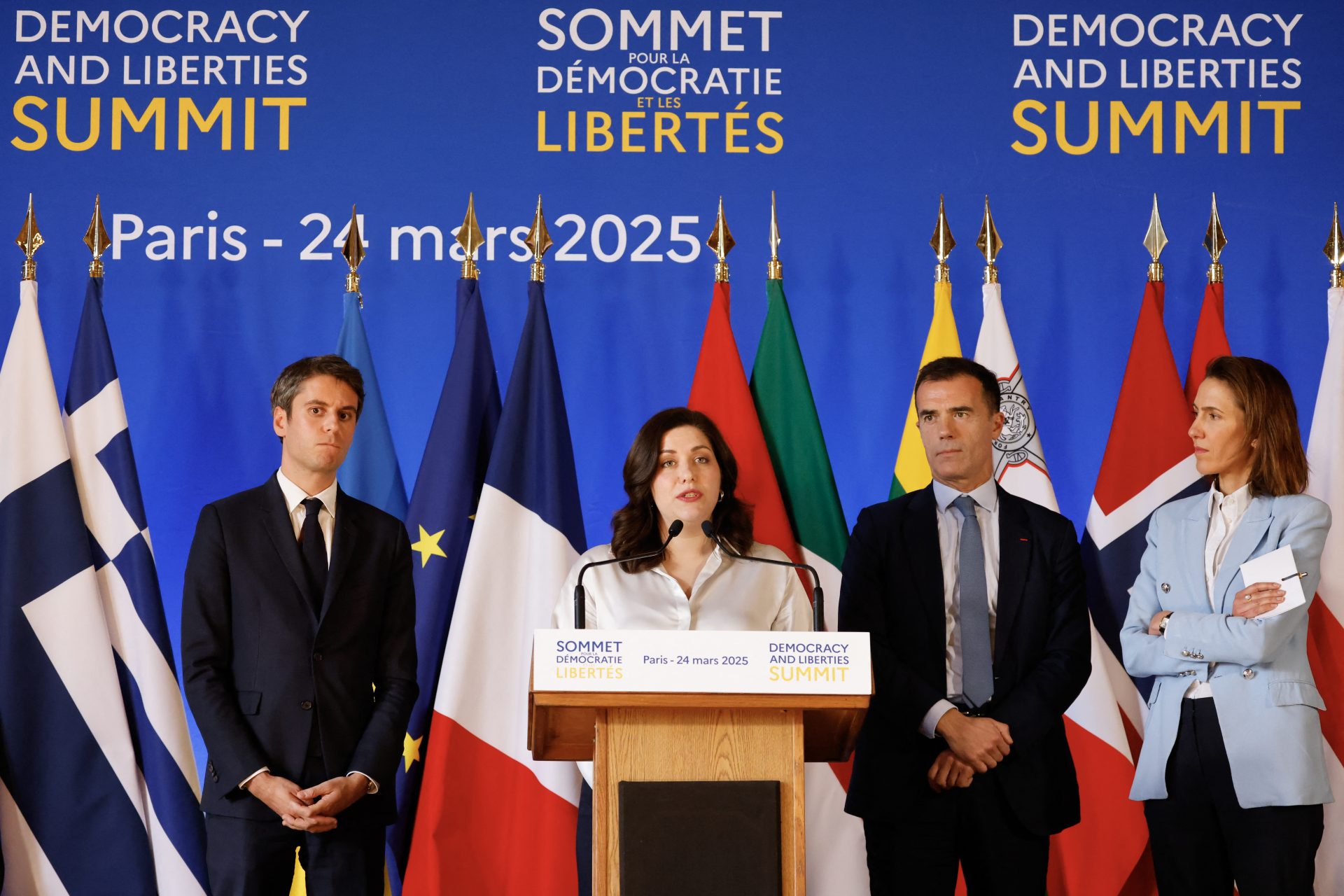


.png?Expires=1838763821&Key-Pair-Id=K2ZIVPTIP2VGHC&Signature=IO0~CT3pU-TcxGc~yoZSmoQx23MZVuK-~4jSii~NKEblRmyO3el7NXPu~Rh1o23voASg7hlcHLw4kvQuDK1jssEhcjoNBBvEpZ~GGOAU6yosBhpHpeF179F~h7i6VxmsBNh9gtTutkoqY73O2YCFey~IAqSzKbBqETP1kP9cAg1916Z1YkJJs-5MliMrkZ5d7-mWGLbpHp2wGj2VlMph8XzYlL4~y1O7fB~JdIS~Rs4RMRs2x0WT1qUIpHAsf3GdwtOyAmKFSpIg8xCyNGZZ5h~13nXlmpd7uPvW8tBfttpG9pFTqcway-uch5WyfHOEfi7UlJCOWrr6fCYY5PMgSg__)







